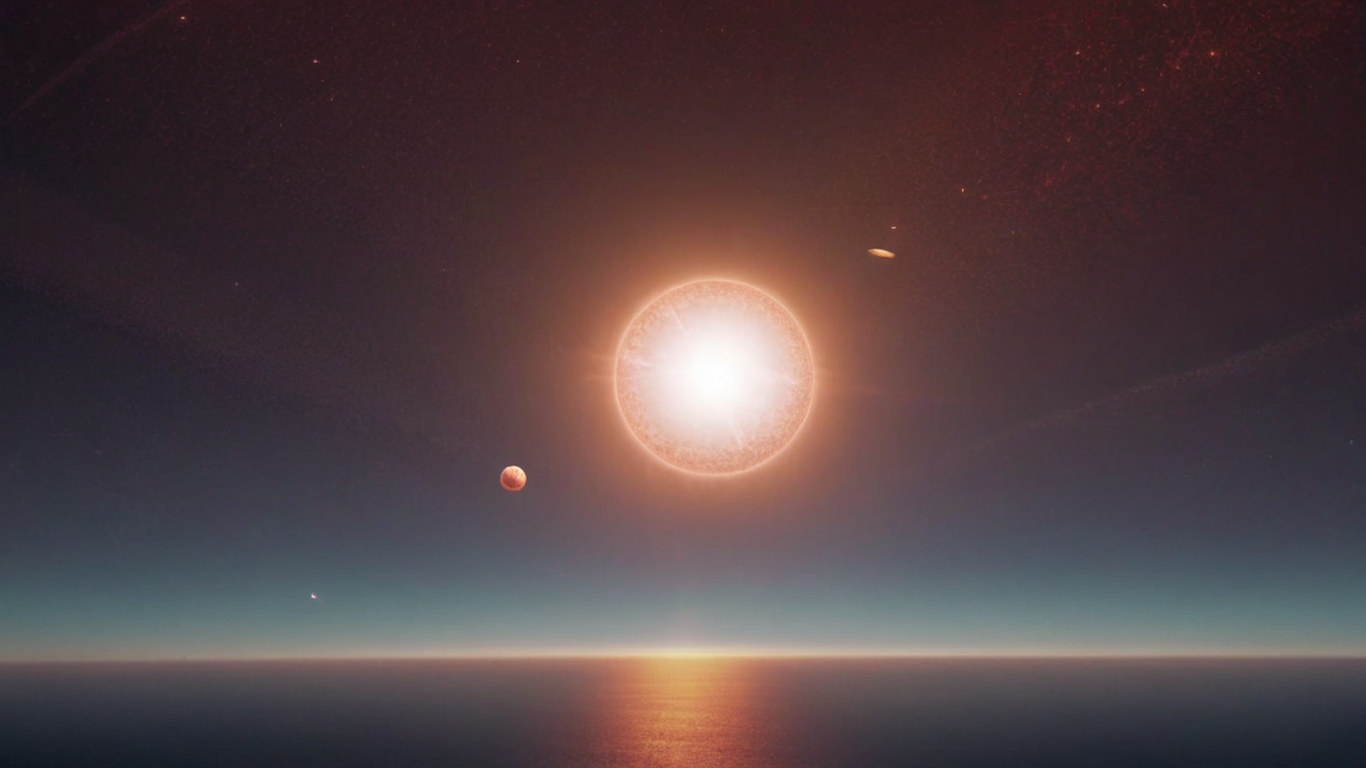According to a statement from NASA, there is a chance once again to witness the super-bright celestial event that last illuminated the sky in 1946. A nova eruption could occur at any moment, so let’s not miss it!
We might experience a rare celestial phenomenon if we regularly scan the sky, as an exclusive nova eruption awaits us – anytime in the coming months. The last brilliant explosion observed was in 1946 in the constellation Corona Borealis, also known as the Poor Man’s Wallet or the Northern Crown, involving the T Coronae Borealis star system.
According to NASA, the star system, located 3000 light-years away from Earth, could become visible in the sky due to the nova eruption from February to September this year, and it would be a shame to miss it as such events only occur every 80 years.
Usually, the star system with a magnitude of +10 is not visible to the naked eye, but if the explosion occurs, its brightness will be comparable to that of Polaris. After the event, its brightness might be visible to the naked eye for a few days, and then it will darken again – perhaps for another 80 years.
During a nova eruption, the star ejects its outer layers of material, unlike in the case of a supernova where the entire planet dies. T CrB is one of the five recurrent novae in our Milky Way galaxy, consisting of a white dwarf and a red giant. They interact with each other, with the white dwarf heating up due to the red giant, thus causing the nova eruption. The star system is located 3000 light-years away from Earth, so its brightness is usually not strong enough for us to see.
Table of Contents
What is Predictive Maintenance (PdM)?
In today’s fast-paced industrial and technological landscape, businesses are constantly seekin…
The World’s Most Enduring Battery: 184 Years and Still Running
In the heart of Oxford University’s Clarendon Laboratory, there exists a remarkable piece of history…
Rare Celestial Phenomenon Returns, Happens Only Once Every 80 Years
According to a statement from NASA, there is a chance once again to witness the super-bright celesti…

